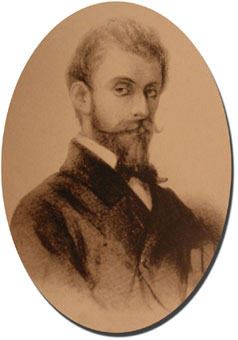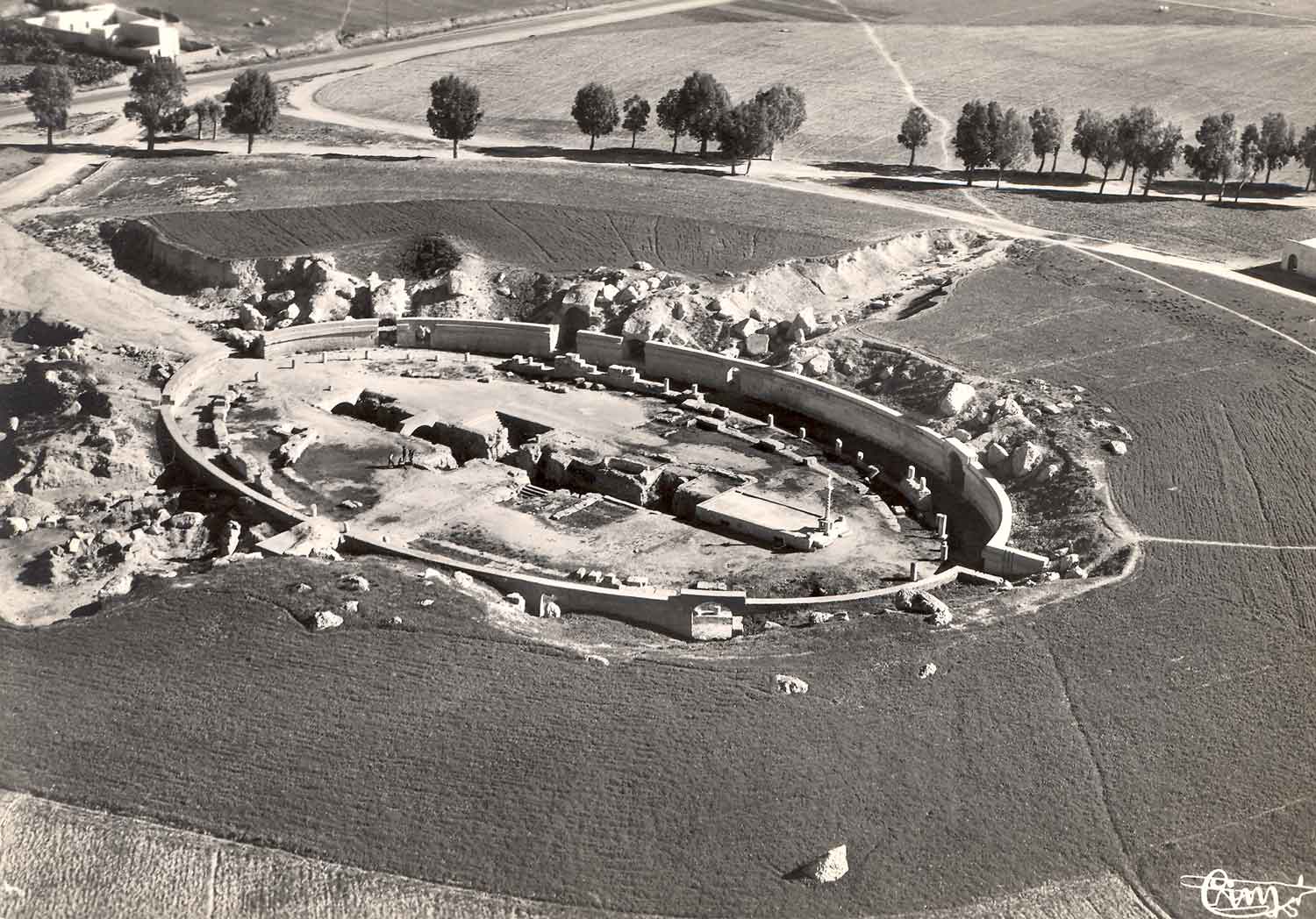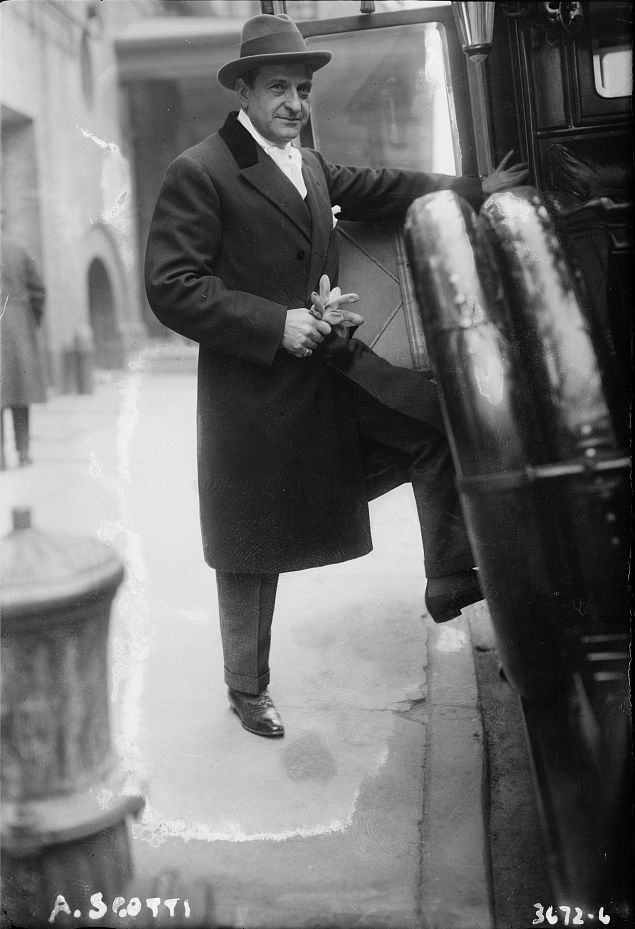|
Salammbô (Reyer)
''Salammbô'' is an opera in five acts composed by Ernest Reyer to a French libretto by Camille du Locle. It is based on the homonymous novel by Gustave Flaubert (1862). Initially refused by Paris, Reyer's opera enjoyed its first performance at the Théâtre Royal de la Monnaie in Brussels, on 10 February 1890, with sets designed by Pierre Devis and Armand Lynen. The Parisian premiere at the Palais Garnier took place on 16 May 1892 with costumes by Eugène Lacoste and sets by Eugène Carpezat (Acts I and V), Auguste Alfred Rubé and Philippe Chaperon (Act II), and Amable and Eugène Gardy (Act IV). The American premiere was at the French Opera House in New Orleans on 25 January 1900 with Lina Pacary in the title role. It was first performed in New York at the 'old' Metropolitan Opera House on 20 March 1901, with Lucienne Bréval in the title role, Albert Saléza, Eustase Thomas-Salignac, Marcel Journet, Charles Gillibert, Eugène Dufriche, and Antonio Scotti with Luigi Mancin ... [...More Info...] [...Related Items...] OR: [Wikipedia] [Google] [Baidu] |
Ernest Reyer
Louis Étienne Ernest Reyer (1 December 1823 – 15 January 1909) was a French opera composer and music critic. Biography Ernest Reyer was born in Marseille. His father, a notary, did not want his son to take up a career in music. However, he did not actively block his son's ambitions and allowed him to attend classes at the Conservatoire from age six to sixteen. In 1839, when he was 16 years old, Ernest traveled to north Africa to work under his brother-in-law, head of accounting for the Treasury Department in Algeria. The job was not a good fit with Reyer's nonchalant and undisciplined temperament. From administrative documents, it is apparent that Reyer wrote innumerable youthful essays and stories, and original dance pieces. Some of his early compositions achieved local notoriety and received favorable comments in the Algerian press, including a Mass performed at the cathedral that was performed for the arrival of the Duke of Aumale in 1847. Reyer returned to Paris during th ... [...More Info...] [...Related Items...] OR: [Wikipedia] [Google] [Baidu] |
Metropolitan Opera House (39th Street)
The Metropolitan Opera House was an opera house located at 1411 Broadway in Manhattan, New York City. Opened in 1883 and demolished in 1967, it was the first home of the Metropolitan Opera Company. History The Metropolitan Opera Company was founded in 1883. The Metropolitan Opera House (also known as "the old Met"), opened on October 22, 1883, with a performance of ''Faust''. It was located at 1411 Broadway, occupying the whole block between West 39th Street and West 40th Street on the west side of the street in the Garment District of Midtown Manhattan. Nicknamed "The Yellow Brick Brewery" for its industrial looking exterior, the original Metropolitan Opera House was designed by J. Cleaveland Cady. On August 27, 1892, the nine-year-old theater was gutted by fire. The 1892−93 season was canceled while the opera house was rebuilt along its original lines. During that season, the Vaudeville Club, which eventually became the Metropolitan Opera Club, was founded and hosted ... [...More Info...] [...Related Items...] OR: [Wikipedia] [Google] [Baidu] |
Baritone
A baritone is a type of classical male singing voice whose vocal range lies between the bass and the tenor voice-types. The term originates from the Greek (), meaning "heavy sounding". Composers typically write music for this voice in the range from the second F below middle C to the F above middle C (i.e. F2–F4) in choral music, and from the second A below middle C to the A above middle C (A2 to A4) in operatic music, but the range can extend at either end. Subtypes of baritone include the baryton-Martin baritone (light baritone), lyric baritone, ''Kavalierbariton'', Verdi baritone, dramatic baritone, ''baryton-noble'' baritone, and the bass-baritone. History The first use of the term "baritone" emerged as ''baritonans'', late in the 15th century, usually in French sacred polyphonic music. At this early stage it was frequently used as the lowest of the voices (including the bass), but in 17th-century Italy the term was all-encompassing and used to describe the averag ... [...More Info...] [...Related Items...] OR: [Wikipedia] [Google] [Baidu] |
Paris Opera
The Paris Opera (, ) is the primary opera and ballet company of France. It was founded in 1669 by Louis XIV as the , and shortly thereafter was placed under the leadership of Jean-Baptiste Lully and officially renamed the , but continued to be known more simply as the . Classical ballet as it is known today arose within the Paris Opera as the Paris Opera Ballet and has remained an integral and important part of the company. Currently called the , it mainly produces operas at its modern 2,723-seat theatre Opéra Bastille which opened in 1989, and ballets and some classical operas at the older 1,979-seat Palais Garnier which opened in 1875. Small scale and contemporary works are also staged in the 500-seat Amphitheatre under the Opéra Bastille. The company's annual budget is in the order of 200 million euros, of which €100M come from the French state and €70M from box office receipts. With this money, the company runs the two houses and supports a large permanent staff, ... [...More Info...] [...Related Items...] OR: [Wikipedia] [Google] [Baidu] |
Vandals
The Vandals were a Germanic peoples, Germanic people who first inhabited what is now southern Poland. They established Vandal Kingdom, Vandal kingdoms on the Iberian Peninsula, Mediterranean islands, and North Africa in the fifth century. The Vandals migrated to the area between the lower Oder and Vistula rivers in the second century BC and settled in Silesia from around 120 BC. They are associated with the Przeworsk culture and were possibly the same people as the Lugii. Expanding into Roman Dacia, Dacia during the Marcomannic Wars and to Pannonia during the Crisis of the Third Century, the Vandals were confined to Pannonia by the Goths around 330 AD, where they received permission to settle from Constantine the Great. Around 400, raids by the Huns from the east forced many Germanic tribes to migrate west into the territory of the Roman Empire and, fearing that they might be targeted next, the Vandals were also pushed westwards, Crossing of the Rhine, crossing the Rhine in ... [...More Info...] [...Related Items...] OR: [Wikipedia] [Google] [Baidu] |
Carthage Amphitheatre
The Carthage Amphitheatre was a Roman amphitheatre constructed in the first century CE in the city of Carthage, Tunisia, which was rebuilt by Dictator Julius Caesar and became the capital of Africa Proconsularis. Predation plaguing the archaeological site only exists within the arena itself. The building earned the admiration of travelers, especially during the Middle Ages. History The amphitheatre of Carthage was built at the end of the 1st century or the beginning of the 2nd century, to the west of the hill of Byrsa. An inscription date certifies that it was in service from 133–139 C.E. It expanded during the 3rd century. Al-Bakri gives an account of the amphitheatre in the 11th century, where he describes the monument as " hemost wonderful Carthage: This building is composed of a circle of arches supported by columns and topped by other ''things'' similar to the forefront arcades. On the walls of this building, we see pictures representing animals ..can be distinguished figu ... [...More Info...] [...Related Items...] OR: [Wikipedia] [Google] [Baidu] |
Luigi Mancinelli
Luigi Mancinelli (; 5 February 1848 – 2 February 1921) was an Italian conductor, cellist and composer. His early career was in Italy, where he established a reputation in Perugia and then Bologna. After 1886 he worked mostly in other countries, as principal conductor at the Royal Opera House, Covent Garden in London and at the "Old Metropolitan" Opera House in New York, and in other appointments in Madrid, Rio de Janeiro and Buenos Aires. Mancinelli was highly regarded not only in the Italian repertory, in which he first came to prominence, but also in German and French opera. Despite his high reputation as a conductor, his compositions met with limited success, and none of them entered the regular repertoire. Life and career Early years Mancinelli was born in Orvieto in central Italy. He studied organ and cello with his elder brother, Marino (who later became a well-known conductor in Italian opera houses) and then played as a cellist in the Orvieto cappella and the orch ... [...More Info...] [...Related Items...] OR: [Wikipedia] [Google] [Baidu] |
Antonio Scotti
Antonio Scotti (25 January 1866 – 26 February 1936) was an Italian baritone. He was a principal artist of the New York Metropolitan Opera for more than 33 seasons, but also sang with great success at London's Royal Opera House, Covent Garden, and Milan's La Scala. Life Antonio Scotti was born in Naples, Italy. His family wanted him to enter the priesthood but he embarked instead on a career in opera. He received his early vocal training from Esther Trifari-Paganini and Vincenzo Lombardi. According to most sources, he made his debut at Malta's Theatre Royal in 1889, performing the role of Amonasro in Giuseppe Verdi's ''Aida''. Engagements at various Italian operatic venues ensued and he later gained valuable stage experience singing in Spain, Portugal, Russia and South America (Buenos Aires from 1891 to 1894 and again 1897; Río de Janeiro 1893 and Chile 1898; he also sung in Montevideo). In 1898, he debuted at Italy's most renowned opera house, La Scala, Milan, as Hans Sachs in ... [...More Info...] [...Related Items...] OR: [Wikipedia] [Google] [Baidu] |
Eugène Dufriche
Eugène Dufriche (born 1848, date of death unknown) was a French baritone, who had a career on the operatic stage from the 1870s in Paris through to the 1900s in New York. Life and career Having studied at the Conservatoire de Paris, Dufriche sang Lothario from ''Mignon'' at the prize concert in 1873. Dufriche made his debut at the Paris Opéra-Comique on 27 August 1874 as Loïc in ''Le pardon de Ploërmel''Soubies A, Malherbe C. ''Histoire de l'opéra comique – La seconde salle Favart 1840–1887.'' Flammarion, Paris, 1893. going on to sing in the 100th performance of the piece that September.Wolff S. ''Un demi-siècle d'Opéra-Comique (1900–1950).'' André Bonne, Paris, 1953. On 3 March 1875 he sang Zuniga in the world premiere of Bizet’s ''Carmen'' at the Opéra-Comique. In December 1875 he sang the judge in the centenary performances of '' Le calife de Bagdad'' by Boieldieu and in 1876 he sang Girot in ''Le pré aux clercs''. In 1878 he undertook Roland in ''Les mousquet ... [...More Info...] [...Related Items...] OR: [Wikipedia] [Google] [Baidu] |
Charles Gillibert
Charles Gillibert (born 14 September 1977) is a French film producer. Life and career Gillibert was born in Tassin-la-Demi-Lune. His parents were Michel Gillibert and Françoise Barquin; he is the brother of the actress Violaine Gillibert and Emmanuel Gillibert, the head of Eggs publicity agency. In 1995 Gillibert and Nathanaël Karmitz founded the film production company NADA as well as the Kieslowski Award, producing around a hundred short films, art videos and documentaries, many of which were awarded in most of international film festivals. In 2002, NADA merged with the MK2 group and Charles Gillibert launched MK2 Music, a label in the heart of the connection between music and moving images, facing new creative formats, giving rise to the first ''cinemix'' performances. MK2 Music has also produced modern dance performance films with artists such as William Forsythe directed by Thierry de Mey (One Flat Thing Reproduced), Merce Cunningham directed by Charles Atlas (Biped/Pon ... [...More Info...] [...Related Items...] OR: [Wikipedia] [Google] [Baidu] |
Marcel Journet
Marcel Journet (25 July 1868 – 7 September 1933), was a French, bass, operatic singer. He enjoyed a prominent career in England, France and Italy, and appeared at the foremost American opera houses in New York City and Chicago. Biography Journet was born in the town of Grasse, Alpes-Maritimes, and studied at the Paris Conservatory. He made his operatic debut at Montpellier in 1891. Journet went on to sing a wide range of roles in operas by Richard Wagner and major French and Italian composers during a distinguished, 40-year career. The Royal Opera House at London's Covent Garden, Milan's La Scala, the Paris Opera and the New York Metropolitan Opera, were some of the famous venues graced by Journet's presence during the first quarter of the 20th century. Arturo Toscanini was just one of the celebrated conductors under whose baton he performed. His on-stage colleagues included such renowned singers as Nellie Melba, Luisa Tetrazzini, Enrico Caruso, Giovanni Martinelli, Titta ... [...More Info...] [...Related Items...] OR: [Wikipedia] [Google] [Baidu] |






